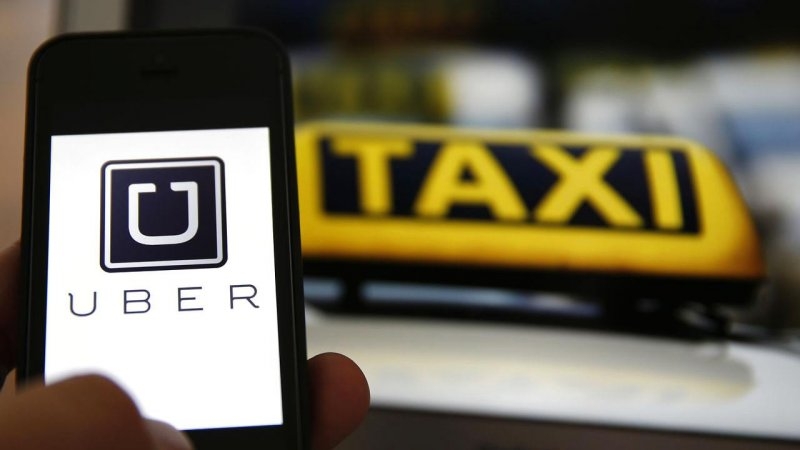Uber was handed some rare good news on Thursday when a US district court dismissed a racketeering lawsuit filed against the ride-hailing company by more than a dozen Connecticut taxi and limousine companies.
In the lawsuit, which was filed in May 2014, the plaintiffs accused Uber of competing unfairly, attempting to lure away their drivers, engaging in deceptive trade practices, misrepresenting its services and using a billing system that violated racketeering laws.
The suit also claimed that Uber succeeds because it can "prey parasitically on established taxicab and livery services" by cutting corners and ignoring laws meant to protect passengers.
U.S. District Judge Alvin Thompson said the taxi and limousine firms failed to show these accusations, and rejected their argument that Uber should follow the same licensing and safety regulations that they are legally required to observe. He said this was because it was only recently that Connecticut's legislature even asked the state's Department of Transportation to consider whether Uber should be covered.
Uber argued, as it has done in similar cases in the past, that as it is a technology company and not a taxi service it's unclear how state transportation laws could apply to its business. The company filed a motion to dismiss, adding that it was not operating unfairly or illegally and that its high-tech model should not be constrained by "outdated" transportation regulations. The motion was granted and Judge Thompson gave the taxi companies 30 days to file an amended lawsuit if they wish.
Lawyers for the taxi and limousine companies have not commented on the decision. A spokesman for Uber, Matthew Wing, said the ruling lets Connecticut drivers and passengers keep receiving the "economic and transportation benefits" that the company provides.
